Introduction: Defining Greatness Beyond Time
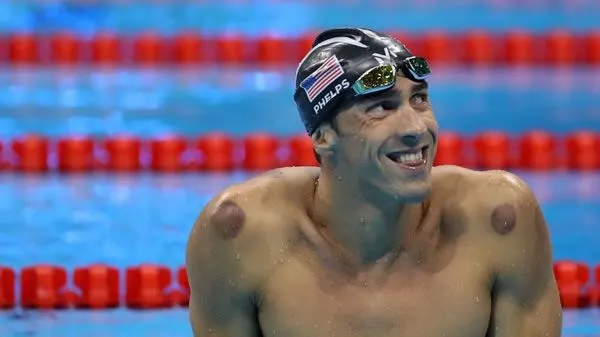
Among the many who have competed under the Olympic flag, only a handful have achieved enduring recognition. And fewer still have left a legacy so complete that it defines not just a discipline, but the very standard of Olympic excellence. In the long and complex history of Olympic Games, one athlete has achieved a level of dominance no one else has matched - Michael Phelps.
Earning 28 medals - including 23 golds - he didn't merely win races; he set a benchmark that reshaped expectations for all future Olympic games athletes.
His journey isn't a simple chronicle of victories. It's a study in preparation, transformation, and an unwavering ability to return stronger after each challenge. To understand how Phelps became the most decorated Olympian in history is to explore the deeper layers of athletic resilience and precision.
The Early Splash: Athens 2004
By the time he arrived at the Athens Olympics in 2004, Phelps was already being called "the next big thing." He was just 19. The pressure was suffocating, the headlines bold, yet he swam like a veteran. Six golds, two bronzes. No hype necessary - the world had seen it with their own eyes.
Unlike many rising stars who shine briefly before fading, Phelps didn't just win; he studied his flaws post-race, analyzed his turns frame by frame, and adjusted diet, stroke mechanics, even his sleep cycle. The obsession with betterment had already begun.
Beijing 2008: The Untouchable Summit
The 2008 Olympics in Beijing were more than a sporting event - they were a global moment. The Bird's Nest Stadium. The Water Cube. And at the heart of it all, Phelps.
Eight events. Eight gold medals. Seven world records. One Olympic record. Never before in the history of Olympic Games had anyone achieved such dominance in one edition. Every final felt like a coronation, but make no mistake - none were easy.
His 100-meter butterfly win came by 0.01 seconds. That margin? Less than half the time it takes to blink. Reaction time, finger length, and touch precision all aligned under pressure.
What truly stunned the world wasn't just the wins, but the diversity of events: freestyle, butterfly, medley - across individual and relay races. It wasn't versatility; it was mastery.
London 2012: Proving It Wasn't a Fluke
For most Olympic athletes, a single breakout Games defines a career. For Phelps, it was a stepping stone.
In London, he returned amid talk of fatigue, distractions, and motivation issues. And yet, he bagged another six medals - four gold, two silver. He became the all-time leading Olympic medalist, surpassing gymnast Larisa Latynina's record of 18.
The true beauty of his London performance was not statistical. It was personal. His rhythm in the pool was less explosive but more refined. His interviews revealed a man growing into the weight of his own legacy.
Rio 2016: The Final Stroke
Many believed Phelps was done. Retirement rumors, questions about hunger, and a changing field of younger, faster swimmers. But greatness doesn't fade - it adapts.
He came back for one last Olympics, not to prove anything to the world, but to prove something to himself. Five golds. One silver. At 31, he was the oldest individual gold medalist in Olympic swimming history.
Rio was not just about medals. It was about evolution. Phelps competed not just as a swimmer, but as a mentor. He led the relay teams, counseled rookies, and stood tall during national anthems not with arrogance, but with fulfillment.
What Separates Phelps from the Rest?
Physical Attributes
Phelps was genetically suited for the water. His wingspan measured 6 feet 7 inches, despite a height of 6 feet 4. Size 14 feet acted like flippers. His double-jointed ankles gave him a dolphin-like whip. His lung capacity - 12 liters - dwarfed the average adult's 6 liters.
But talent alone doesn't explain it. Plenty of swimmers have similar builds. Very few have Phelps' discipline.
Obsession with Margins
Whether it was shaving milliseconds from a turn or correcting a single stroke angle, he treated each race like a thesis. Coach Bob Bowman famously said, "Michael treats preparation like art - not sport."
Phelps would swim over 80,000 meters a week in training. Ice baths, underwater camera footage, breathing patterns - nothing was left to chance.
Mental Resilience
Through all the podium finishes, there were demons. Post-competition depression. Pressure. Doubt. Yet he returned every time, sometimes heavier, sometimes humbled, but always ready to race.
The difference between Olympic athletes and legends? The ability to keep showing up.
The Numbers That Tell the Story
28 Olympic medals: A number unmatched in any discipline.
23 golds: 13 more than the second-placed Olympian.
Individual dominance: 13 individual golds, more than most countries have in total.
4 Olympic Games: Medaled in each one from 2004 to 2016.
No single athlete has had such consistent, elite performance across such a span. He didn't just win - he redefined what winning meant.
More Than Medals: The Impact Beyond the Pool
Michael Phelps used his platform to advocate for mental health, encouraging athletes to speak openly. His transparency post-Rio brought light to the emotional costs of elite sport - an issue often hidden behind smiles on podiums.
He also pushed swimming into the mainstream in the U.S., inspiring thousands to take to the water. His presence increased sponsorship, viewership, and national interest - a ripple effect that will influence Olympic games athletes for decades.
dbbet somalia and Olympic Data Evolution
Today, platforms like dbbetsomalia are transforming how fans engage with Olympic history. Through real-time statistics, athlete comparisons, and predictive modeling, enthusiasts are now able to track not just winners - but trajectories. Phelps' career is a goldmine of such data: stroke rates, medal intervals, qualifying times.
As future Olympic athletes emerge, they won't just chase records. They'll study data trails laid by legends like Phelps. Because understanding greatness is the first step to achieving it.
Final Lap: Legacy Etched in Water
In sports, time fades even the brightest names. But with Phelps, the opposite has happened. Each passing year only deepens appreciation for what he achieved. It's not just about how many medals he won - it's how he won them, when he won them, and why it mattered.
In the grand narrative of the history of Olympic Games, there have been warriors, poets, prodigies, and pioneers. But in the lane reserved for the most decorated, only one name floats above the rest.
Michael Phelps didn't just compete at the Olympics. He became the Olympics.



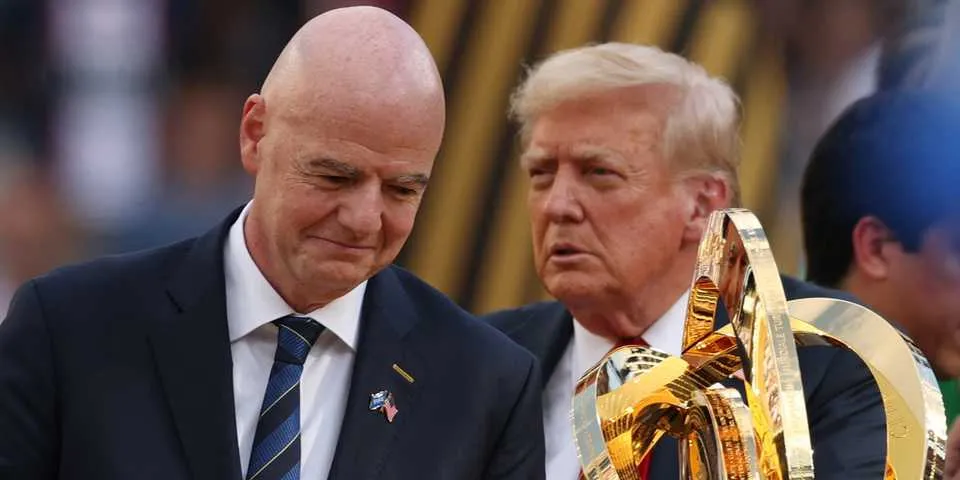
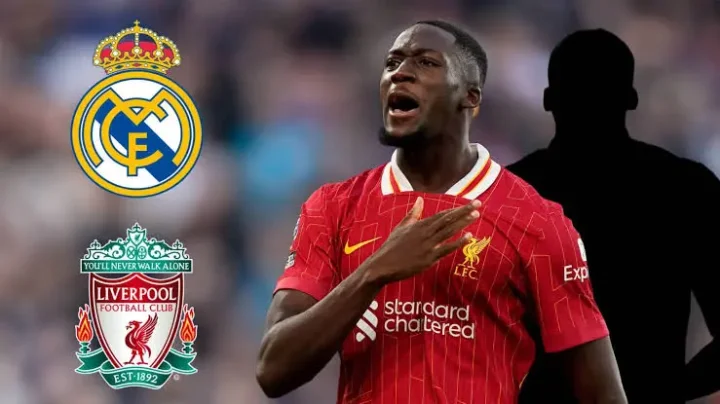

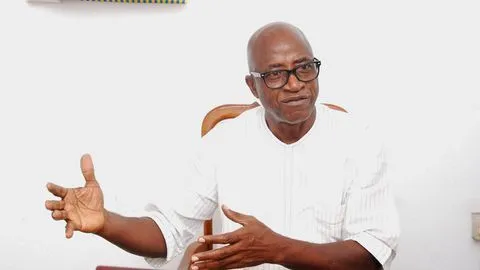



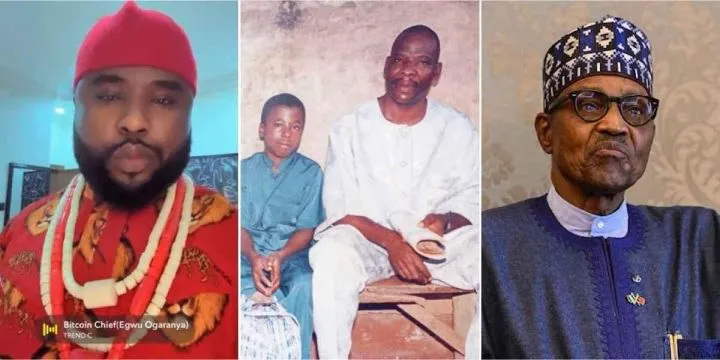




Comments